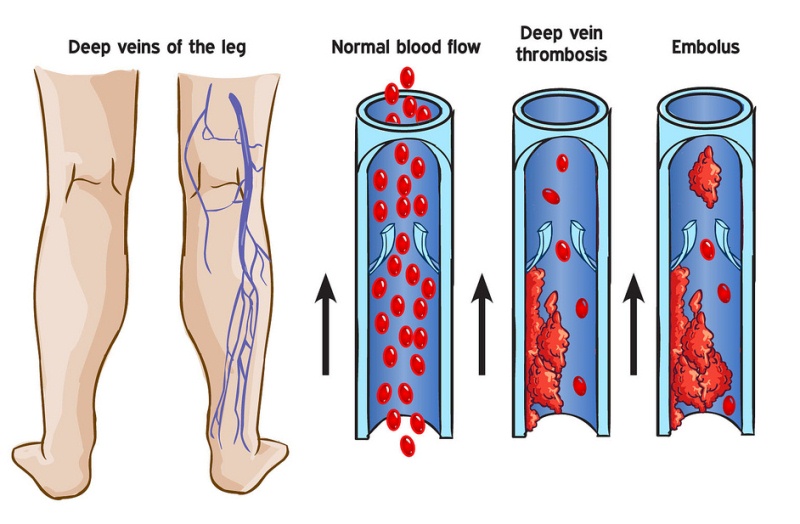


Limited movement (e.g., a cast on a leg to help heal an injured bone).(e.g., due to a medical condition or after surgery) Major surgery (particularly involving the abdomen, pelvis, hip, or legs).The chance increases even more for someone who has more than one of these factors at the same time.įollowing is a list of factors that increase the risk of developing DVT: However, certain factors can increase the chance of having this condition. Risk Factors for DVTĪlmost anyone can have a DVT. In some cases, the symptoms can be so severe that a person becomes disabled.įor some people, DVT and PE can become a chronic illness about 30% of people who have had a DVT or PE are at risk for another episode. People with PTS have symptoms such as swelling, pain, discoloration, and in severe cases, scaling or ulcers in the affected part of the body. In addition, one-third to one-half of people who have a DVT will have long-term complications caused by the damage the clot does to the valves in the vein called post-thrombotic syndrome (PTS). If the clot is large, it can stop blood from reaching the lungs and is fatal. However, there could be some damage to the lungs. If the clot is small, and with appropriate treatment, people can recover from PE. The most serious complication of DVT happens when a part of the clot breaks off and travels through the bloodstream to the lungs, causing a blockage called pulmonary embolism (PE). In November 2018, ASH announced the results of their collective efforts – the 2018 ASH Clinical Practice Guidelines on Venous Thromboembolism. In partnership with the McMaster University GRADE Centre, ASH brought together experts to address this challenge, including hematologists, other clinicians, guideline development specialists, and patient representatives. The American Society of Hematology (ASH) recognizes the need for a comprehensive set of guidelines on the treatment of VTE to help the medical community better manage this serious condition.
:max_bytes(150000):strip_icc()/deep-vein-thrombosis-causes-5b22774c31283400362003c0.png)
Venous thromboembolism (VTE), a term referring to blood clots in the veins, is an underdiagnosed and serious, yet preventable medical condition that can cause disability and death.


 0 kommentar(er)
0 kommentar(er)
